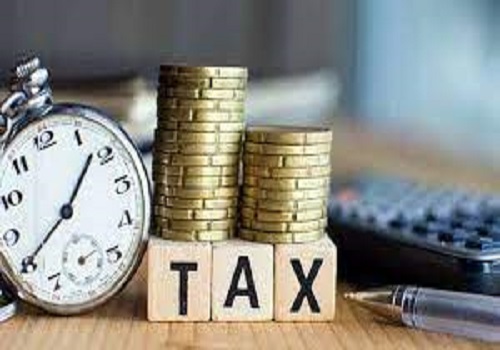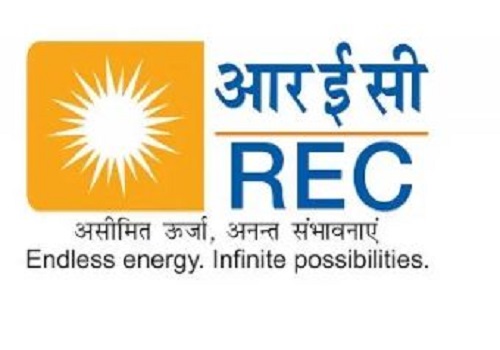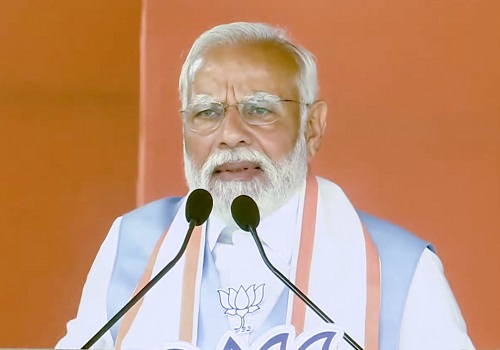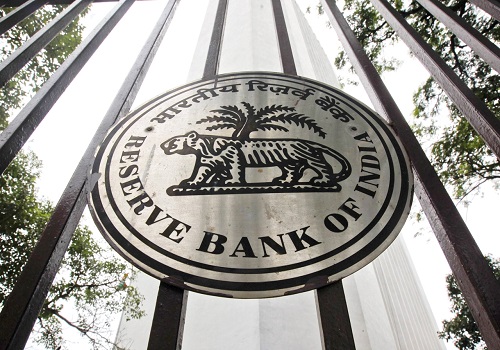India`s net direct tax collections surge 15.4 pc to Rs 12.1 lakh crore in April-Nov

India’s net direct tax collections, comprising corporate tax and personal income tax, shot up by a robust 15.4 per cent to Rs 12.1 lakh crore, from April 1 to November 10 during the current financial year, according to the latest figures released by the Central Board of Direct Taxes (CBDT).
On a gross basis, direct taxes surged by over 21 per cent to Rs 15 lakh crore on a gross basis during the period. The government issued tax refunds of Rs 2.9 lakh crore which is a 53 per cent increase over the same period last year.
Net corporate tax collections of Rs 5.10 lakh crore and non-corporate taxes, such as Rs 6.62 lakh crore paid by individuals, HUFs, and firms.
A total of Rs 35,923 crore was collected from other taxes, including the Equalisation Levy and gift tax.
The government has fixed a target to collect Rs 22.12 lakh crore from direct taxes during 2024-25 which represents a 13 per cent increase over the corresponding figure of the previous financial year.
The double digit surge in tax collections reflects the strong fiscal position of the country driven by robust economic growth. It also comes on top of the high growth in 2023-24 when net direct tax collections had exceeded the Union Budget Estimates by Rs 1.35 lakh crore or 7.4 per cent.
The target for direct collections was fixed at Rs. 18.23 lakh crore in the Union Budget for 2023-24 and later increased to at Rs. 19.45 lakh crore in the Revised Estimates (RE). The provisional Direct Tax collections (net of the refunds) have exceeded the BE by 7.40 per cent and RE by 0.67 per cent, CBDT said.
The buoyancy in tax collections places more funds in the government’s coffers to undertake investments in large infrastructure projects to spur economic growth and take up welfare schemes for the poor.
It also helps to keep the fiscal deficit in check and strengthened the macroeconomic fundamentals of the economy. A lower fiscal deficit means the government has to borrow less which leaves more money in the banking system for big companies to borrow and invest. This in turn leads to a higher economic growth rate and the creation of more jobs.
A low fiscal deficit also keeps the inflation rate in check which imparts stability to the economy.
























